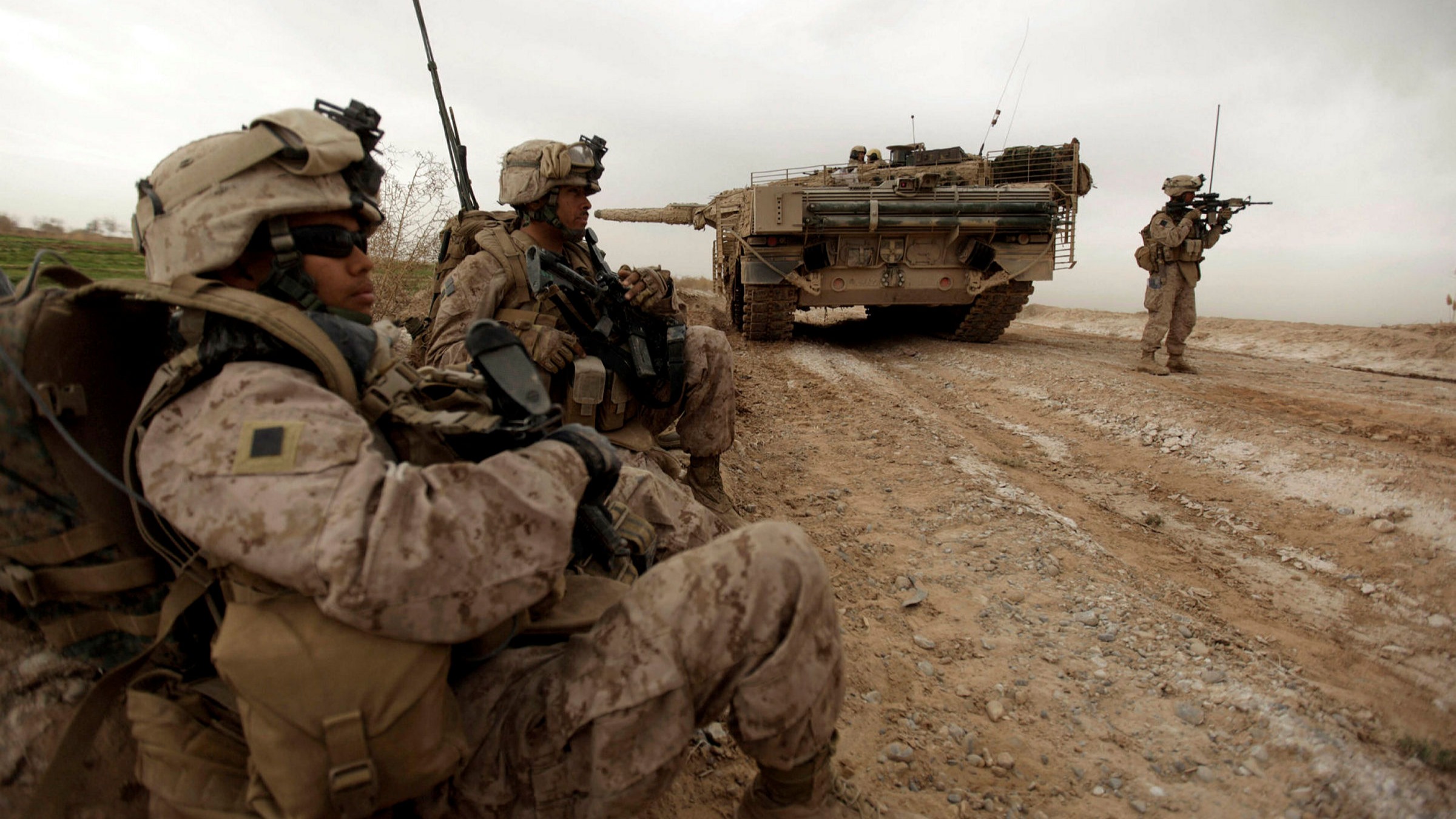
Starting the day after Sept. 11, 2001, the war in Afghanistan is the longest America has conducted. Faced with an impasse, the American president has come to a decision. But, with his decision to withdraw American troops, he can’t rule out a return to civil war.
“Every war must end.” Fred Iklé, eminence grise to Ronald Reagan and incidentally the cousin of Elisabeth Kopp, had a clear idea of the duration of a U.S. military engagement. By deciding to withdraw American troops from Afghanistan in order to put an end to the longest war in American history, Joe Biden seems to be inspired by this idea. His decision is courageous and responsible, but also highly criticized. It could leave its mark on his presidency.
The fourth president to be faced with the Afghan question, 20 years after the attacks of Sept. 11, 2001 incited from the Tora Bora mountains*, the Democratic president has reached a decision on an impossible dilemma. Because this central Asian country of 38 million inhabitants is at a political and economic impasse.
The reasons for the withdrawal are not the same as those of Vietnam — the fiasco that forced Lyndon Johnson, under popular pressure, not to seek another term as president. Biden is going along with a public opinion tired of military ventures and insecure about the pandemic. The president is setting other priorities in order to stop his administration from being paralyzed by an unwinnable war.
The reason is also strategic. In the 21st century, when the ratios of power are changing, the Democratic president no longer sees terrorism as the main threat. He is determined to use all the resources at his disposal to achieve the most important objectives: climate change, China, infrastructure. He’s also made an observation: The Doha Agreement, concluded in 2020 between the United States and the Taliban, has come to nothing.
The risk of a precipitous departure by the Americans, which Donald Trump himself committed to, remains nevertheless considerable. A similar withdrawal from Iraq by Barack Obama in 2011 created a void that worked to the advantage of the Islamic State. Because of the extreme weakness of the Afghan government and the rising power of the Taliban, along with warlords, a new descent into civil war is a realistic possibility. The Afghans will be the first victims. Despite the excesses of a war that has become absurd, advances in women’s rights have been realized, but risk going down the drain under a government controlled by the Taliban who still haven’t cut their ties with al-Qaida.
*Editor’s Note: Osama bin Laden was believed to be hiding out in these mountains after the Sept. 11, 2001, attack. A U.S. military intervention there in December 2001 failed to find or kill him.

Leave a Reply
You must be logged in to post a comment.